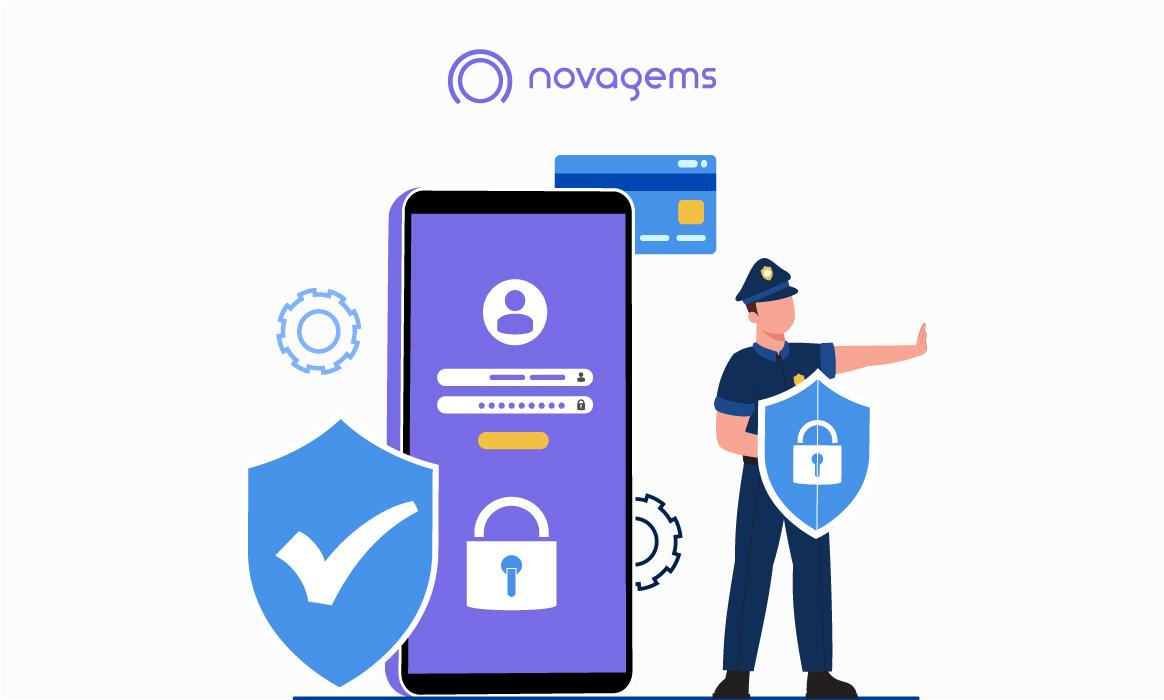Introduction:
In the ever-evolving landscape of communication technology, WhatsApp has emerged as a prominent player, connecting billions of people across the globe. This messaging app, initially founded in 2009 by Brian Acton and Jan Koum, has transformed the way we interact, share information, and stay connected with friends and family. In this comprehensive guide, we’ll explore the origins of WhatsApp, its features, security measures, and its impact on society. Now we mostly use ANWhatsApp and YOWhatsApp.
The Origin of WhatsApp:
WhatsApp’s journey began with the simple idea of providing a user-friendly and efficient messaging platform. The founders, both former employees of Yahoo, wanted to create a space where communication could be instant, reliable, and accessible to everyone. Over the years, WhatsApp evolved from a basic messaging app to a multifaceted platform with a wide range of features.
Key Features:
One of WhatsApp’s key features is its simplicity. The app allows users to send text messages, make voice and video calls, share images, videos, and documents, and even update their status. The introduction of features like voice messages, group chats, and video calls has made it a versatile tool for both personal and professional communication.
End-to-End Encryption:
Security and privacy are paramount concerns in the digital age, and WhatsApp addresses these by incorporating end-to-end encryption. This means that only the intended recipient can read a message, ensuring that your communications remain private and secure. This feature has played a crucial role in establishing trust among users.
WhatsApp Web and Desktop:
To enhance user experience, WhatsApp introduced a web and desktop version, allowing users to access their messages from a computer. This feature is convenient for those who prefer typing on a full-sized keyboard or need to switch between devices seamlessly. The synchronization ensures that your messages are always up-to-date, regardless of the device you are using.
Business Solutions:
Recognizing the changing dynamics of communication in the business world, WhatsApp introduced the Business API, enabling companies to connect with their customers on a more personal level. Features like business profiles, automated messages, and catalog sharing empower businesses to leverage the platform for customer engagement.
WhatsApp in Society:
WhatsApp has become an integral part of our social fabric, influencing how we connect with others. From sharing life updates in status messages to creating family groups for seamless communication, the app has transformed the way we maintain relationships. It has also played a crucial role in connecting people across borders, fostering a sense of global community.
Challenges and Controversies:
Despite its widespread popularity, WhatsApp has faced challenges and controversies. Issues related to misinformation, privacy concerns, and the spread of fake news have raised questions about the platform’s role in shaping public opinion. The company has taken steps to address these issues, including implementing limits on message forwarding and launching public awareness campaigns.
Future Developments:
As technology continues to advance, so does WhatsApp. The app regularly introduces updates and new features to stay ahead of the curve. From the integration of payment systems to exploring augmented reality, WhatsApp is continuously evolving to meet the changing needs of its users.
Conclusion:
In conclusion, WhatsApp has become more than just a messaging app; it’s a cultural phenomenon that has redefined how we communicate in the modern age. With its user-friendly interface, robust security measures, and continuous innovation, WhatsApp remains a dominant force in the realm of digital communication. As we look to the future, it’s evident that WhatsApp will continue to play a pivotal role in shaping the way we connect and share our lives with others.




